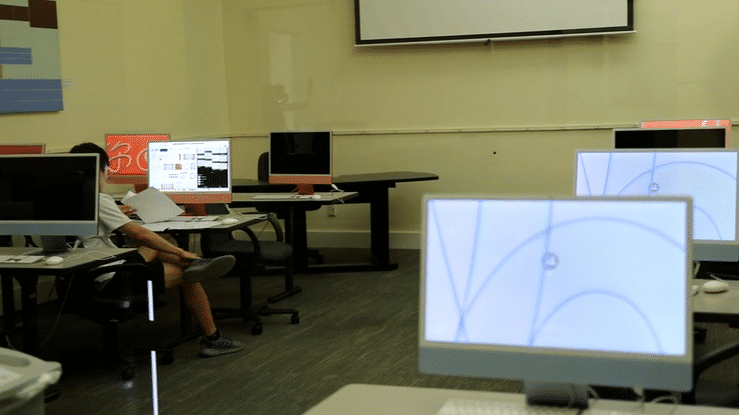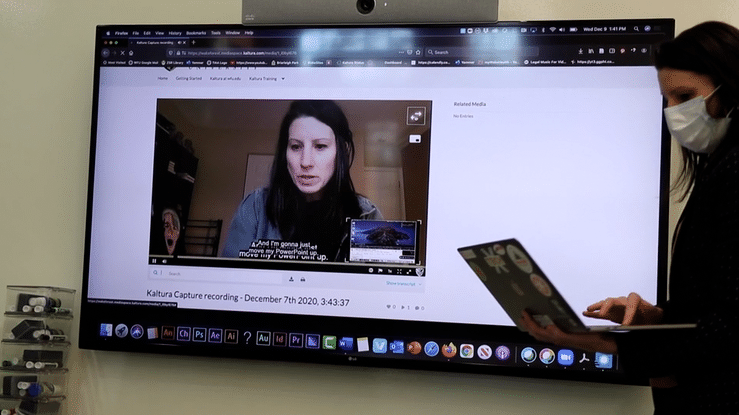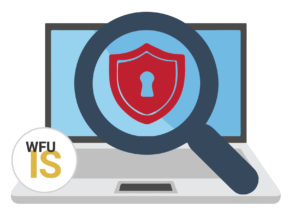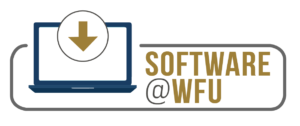Information Systems Year in Review 2021
As COVID-19 dramatically impacted daily life, IS services had to be exceptionally agile and adaptable. IS staff dedicated their efforts so the Wake community received exceptional technology assistance.
Embracing Change
Change was a common theme throughout 2021. Information Systems rose to the challenge and we were quick to pivot to address new challenges and opportunities while proactively implementing new technologies to support the ever changing environment. From adding new software, such as Poll Everywhere and Hypothesis, to supporting the hybrid teaching and learning experience, to strategically utilizing data gathering and reporting to keep our campus informed and safe during the pandemic, we met our unique and complex campus community needs.
Accessibility
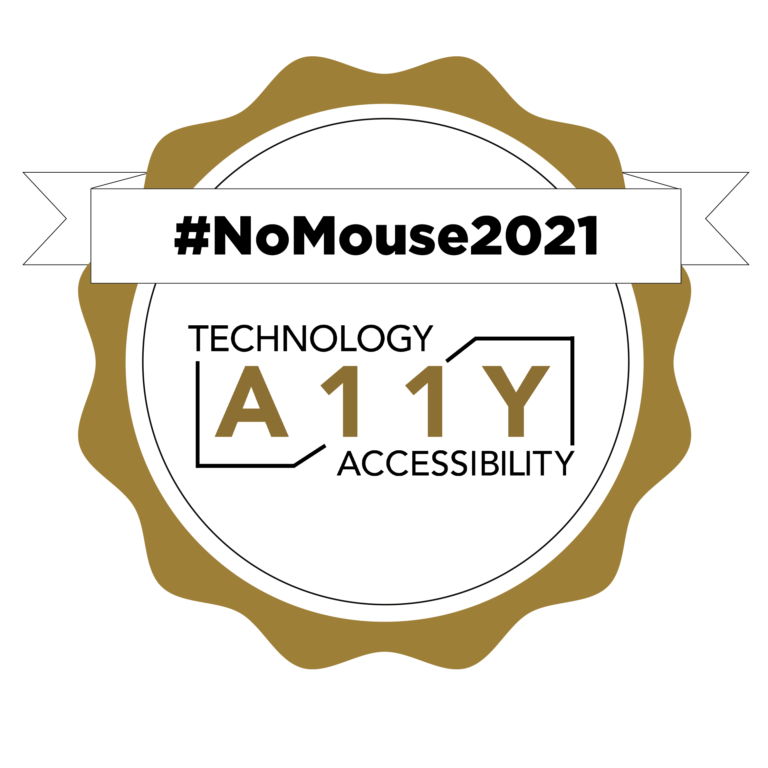
36
faculty, staff and students participated in the NoMouse Challenge
65
unique URLs were tested
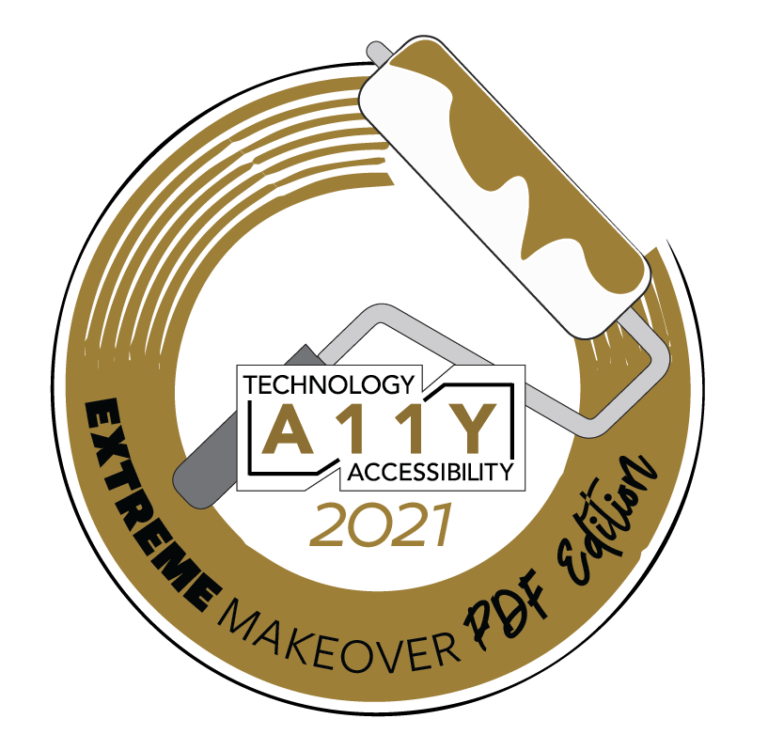
450
PDFs removed, remediated or transitioned to an accessible format
21
sites or courses that participated
The Technology Accessibility Program (TAP) leverages the digital environment to collaboratively build accessibility support for campus. Sponsoring events such as the NoMouse Challenge and the PDF Makeover, as well as teaching and sharing at TechX, the Online Education Summer Colloquium, and departmental events, highlights the importance of making the web environment more inclusive and accessible for our community and beyond.
TAP members were part of the planning committee for the NC Higher Ed Digital Accessibility Collaborative’s inaugural professional development conference, “Getting Started with Accessibility” held on June 10, 2021. Over 300 students, staff, and faculty from higher education institutions across North Carolina, and a few beyond, attended the virtual event. Wake Forest colleagues are assisting in the planning for the June 2022 event.
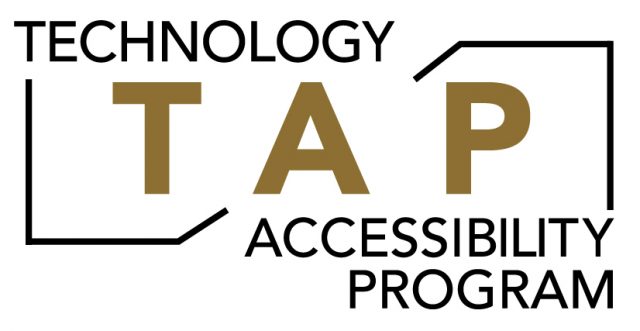
COVID Reporting & Data Strategy
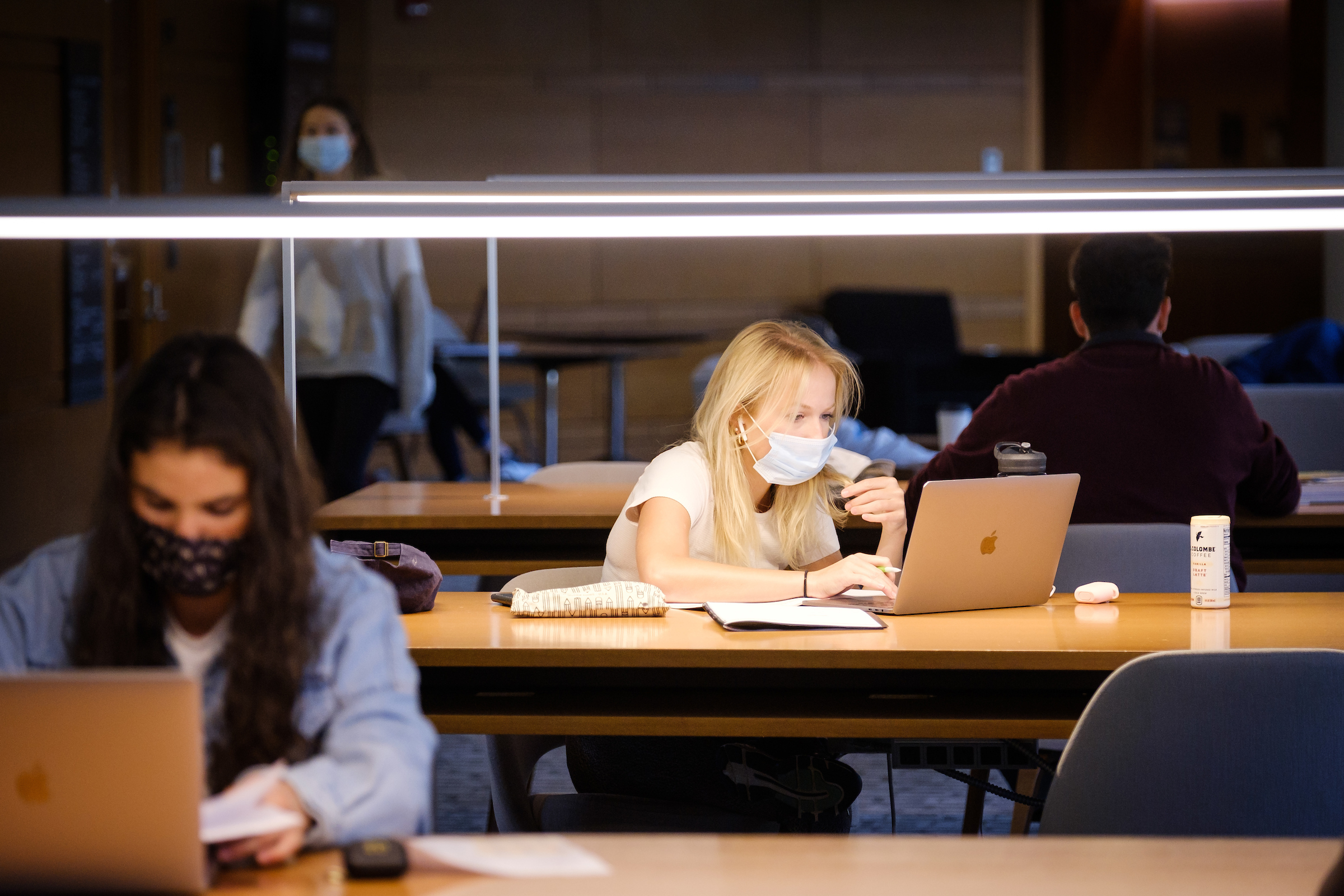
The need to provide accurate data to leadership and our campus community is critical for making strategic decisions regarding our way forward.
1,500
number of weekly asymptomatic
tests conducted across multiple student populations
The Data Analytics and Governance team executed a number of initiatives to track, manage, and respond to changes in the COVID landscape on campus. Student vaccine status, employee vaccination status, cluster analysis, asymptomatic testing results, survey responses and collaborative efforts with Human Resources, the Student COVID office, Student Health Services, Campus Life, and Wake Forest Health were all utilized to fully capture, store, and report on all COVID-19 data for the COVID-19 dashboards.
The recent establishment of a Data Governance Council will lead the charge in defining an institutional data strategy for future initiatives.
TechX 2021
During TechX 2021, hosted from March 23-25, over 800 faculty, students, and staff watched, listened, and engaged with 59 of their peers as they shared how they had creatively incorporated technology into the classroom, workplace, and other collaborative spaces to deliver an enriched learning experience, foster relationships, and engage constituents.
Upgrading Spaces

Improving campus infrastructure
The upgrade of the 25-year-old fiber optic network interconnecting campus buildings, expanded the network to new locations, addressed capacity needs, and positioned our campus network for future growth. The expanded network provides full connectivity to locations such as Deacon Place, a new addition to on-campus housing for over 300 students. Throughout 2021, we made strategic improvements in outdoor wireless, with the goal of covering as many outdoor gathering spaces as possible.
5430 access points
128 dedicated for outdoor coverage
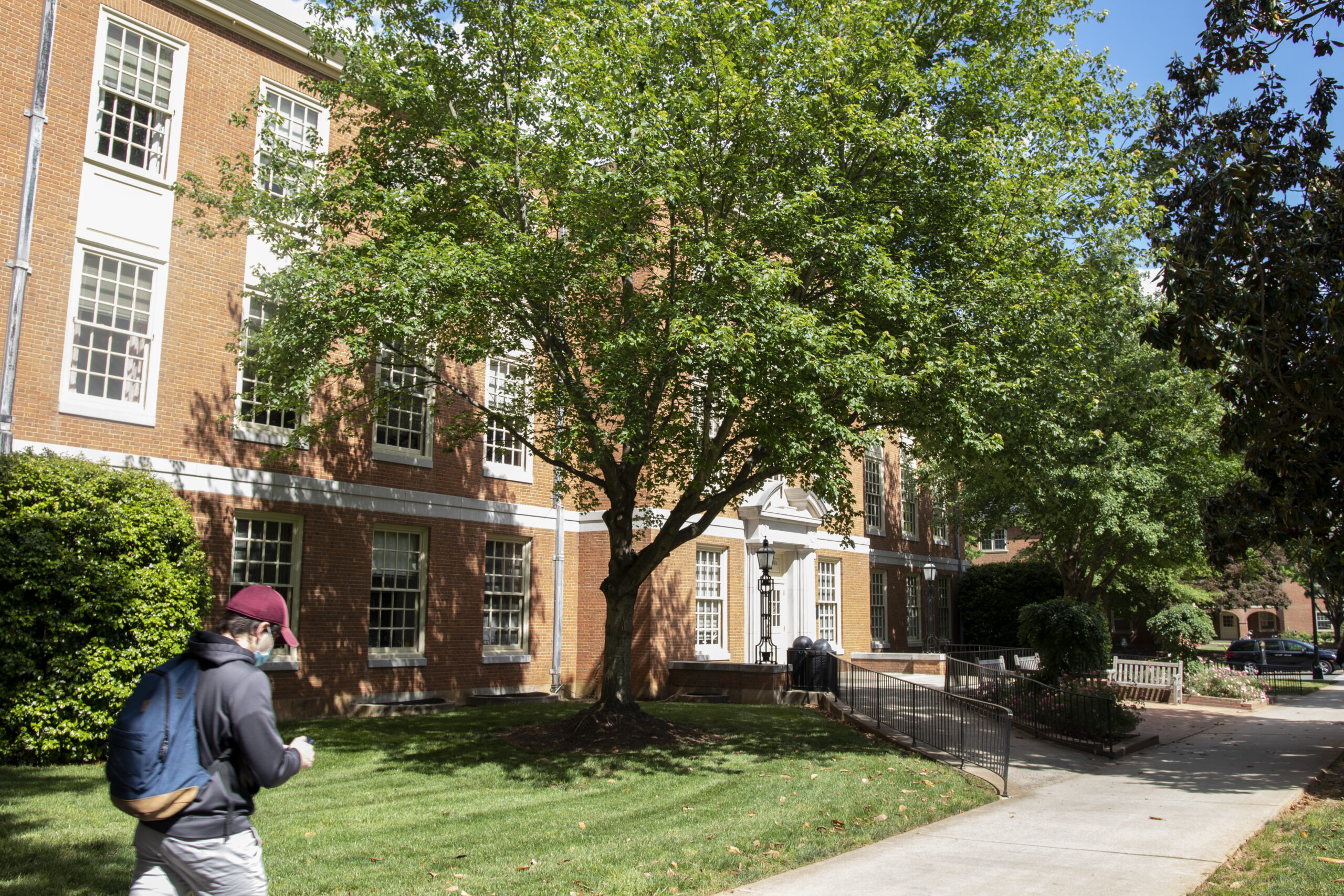
Installing campus fiber
The new campus fiber plan will add additional resilience to the overall network and position the network for performance improvements in coming years. This project should be completed during the spring of 2022.
WakerSpace
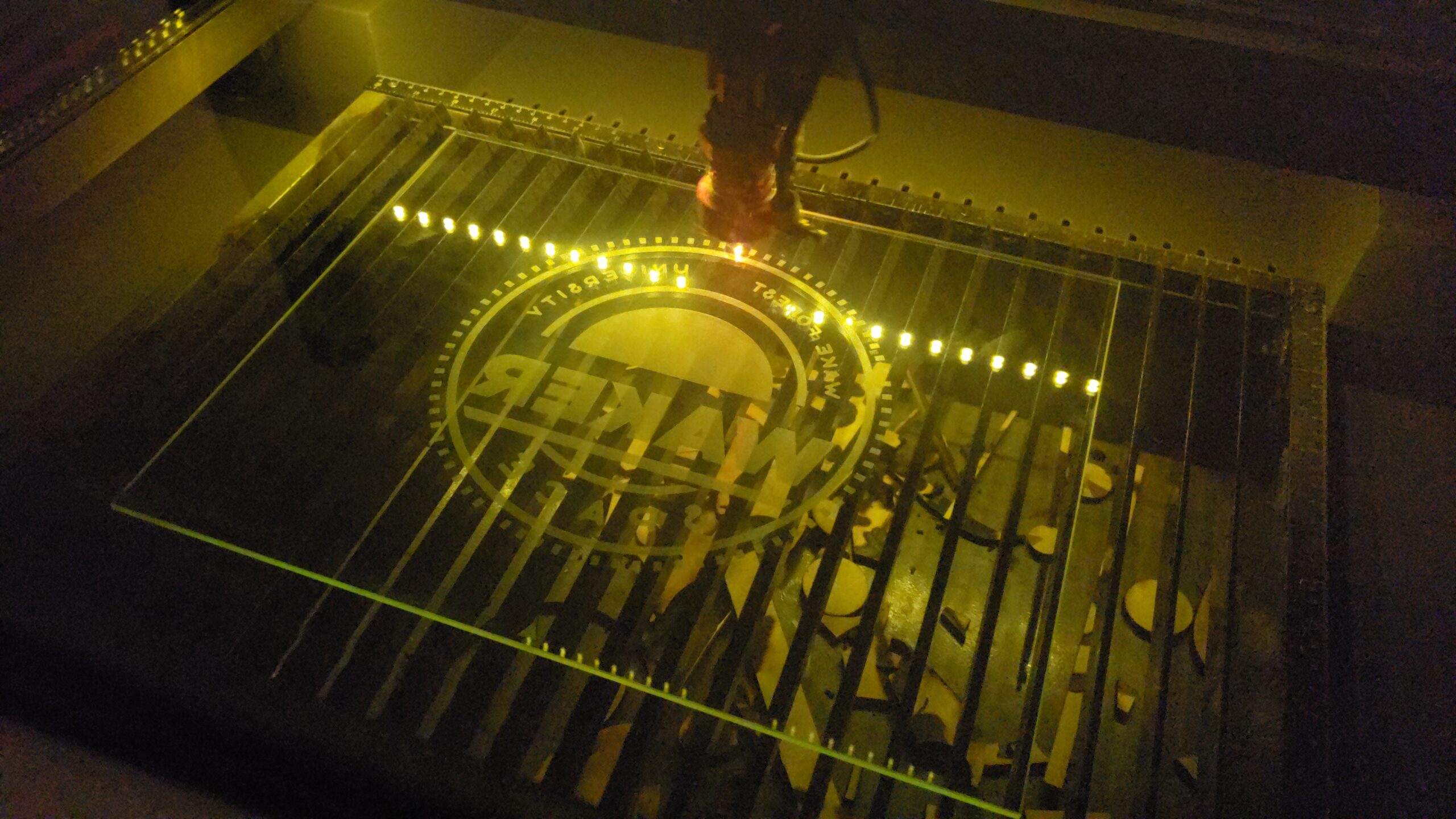
The Wake Forest makerspace, WakerSpace, continues to engage campus in new and interactive ways.
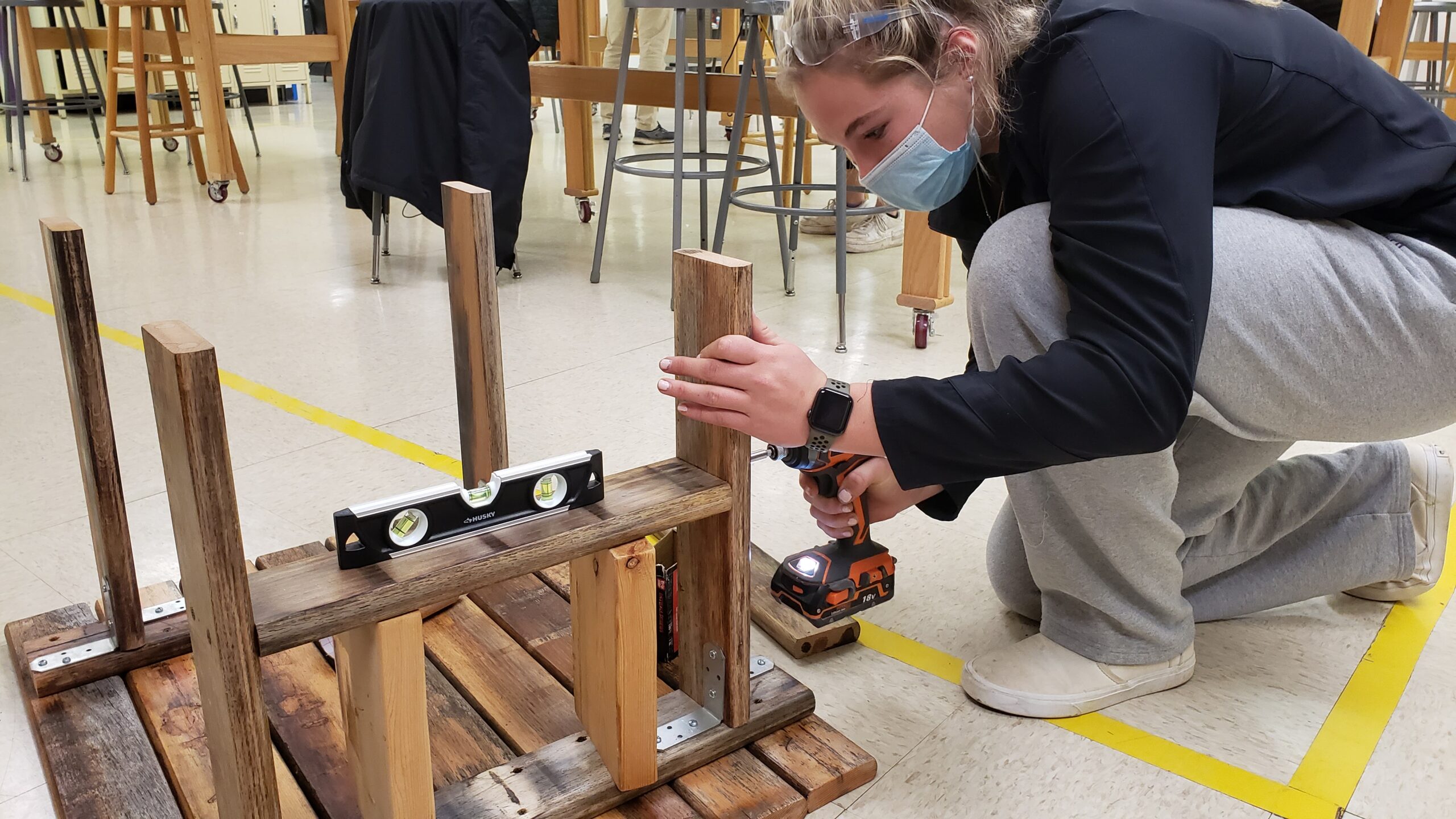
Personal projects
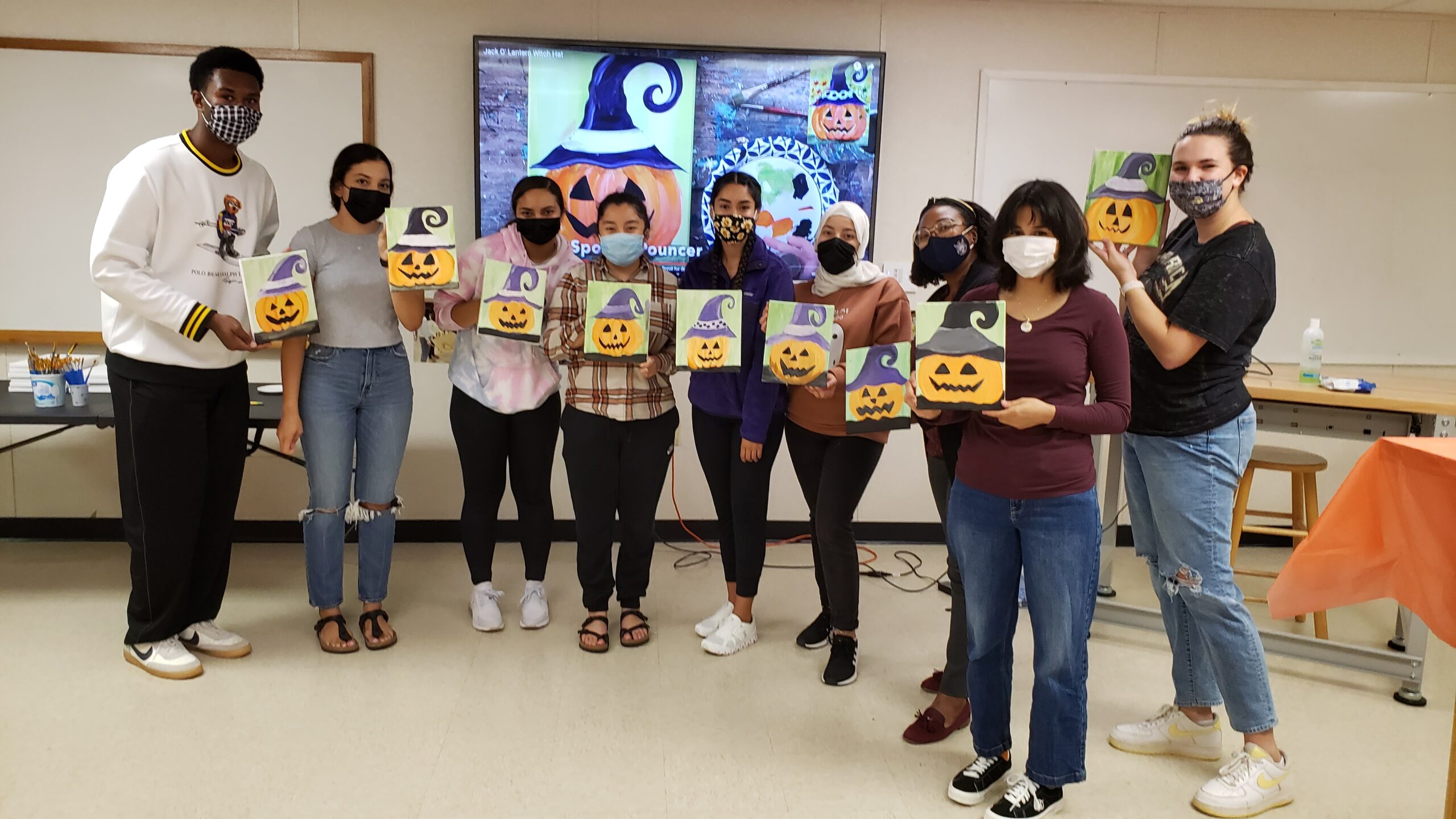
Take and Make Challenges
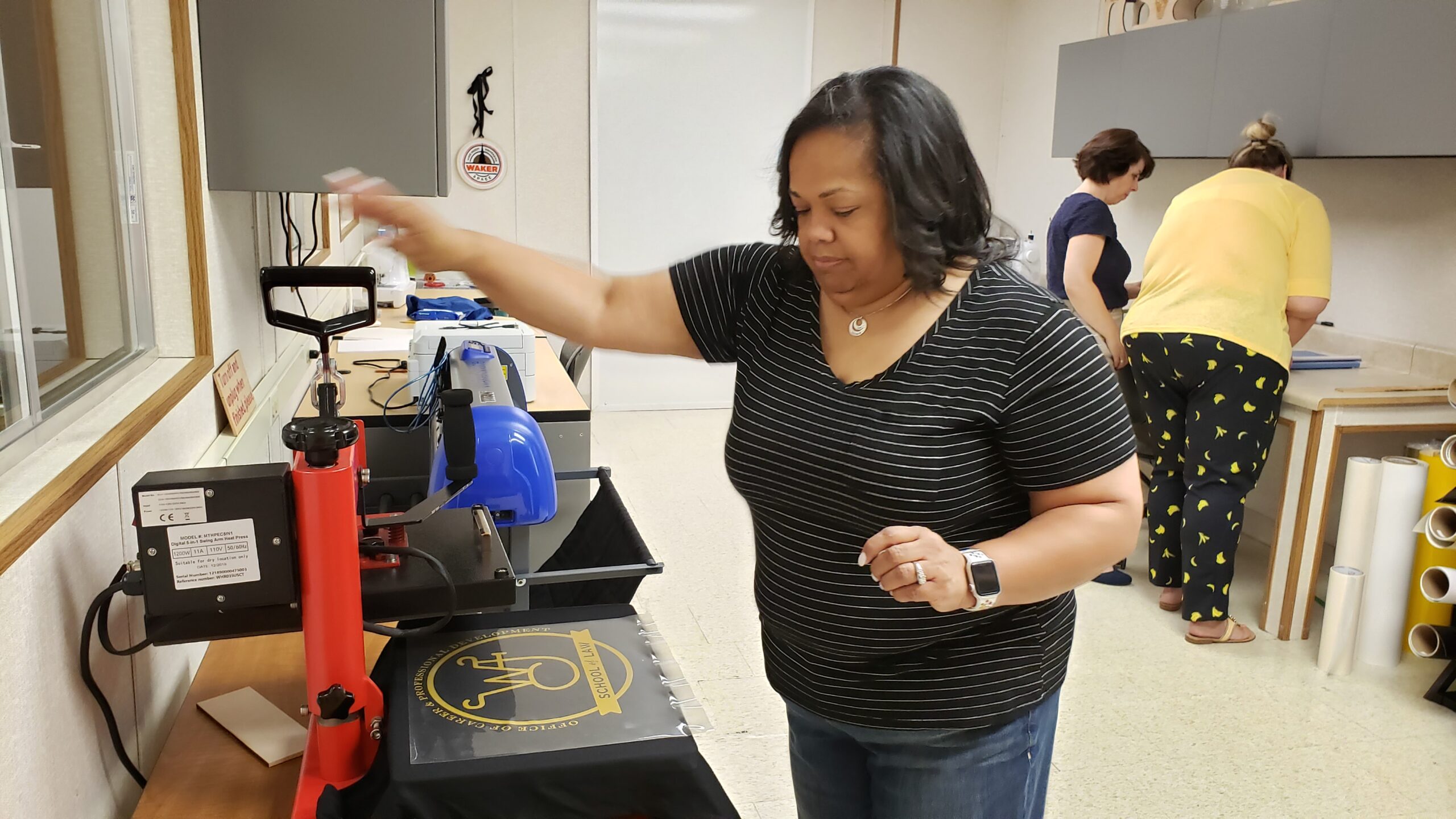
Graduate School Projects
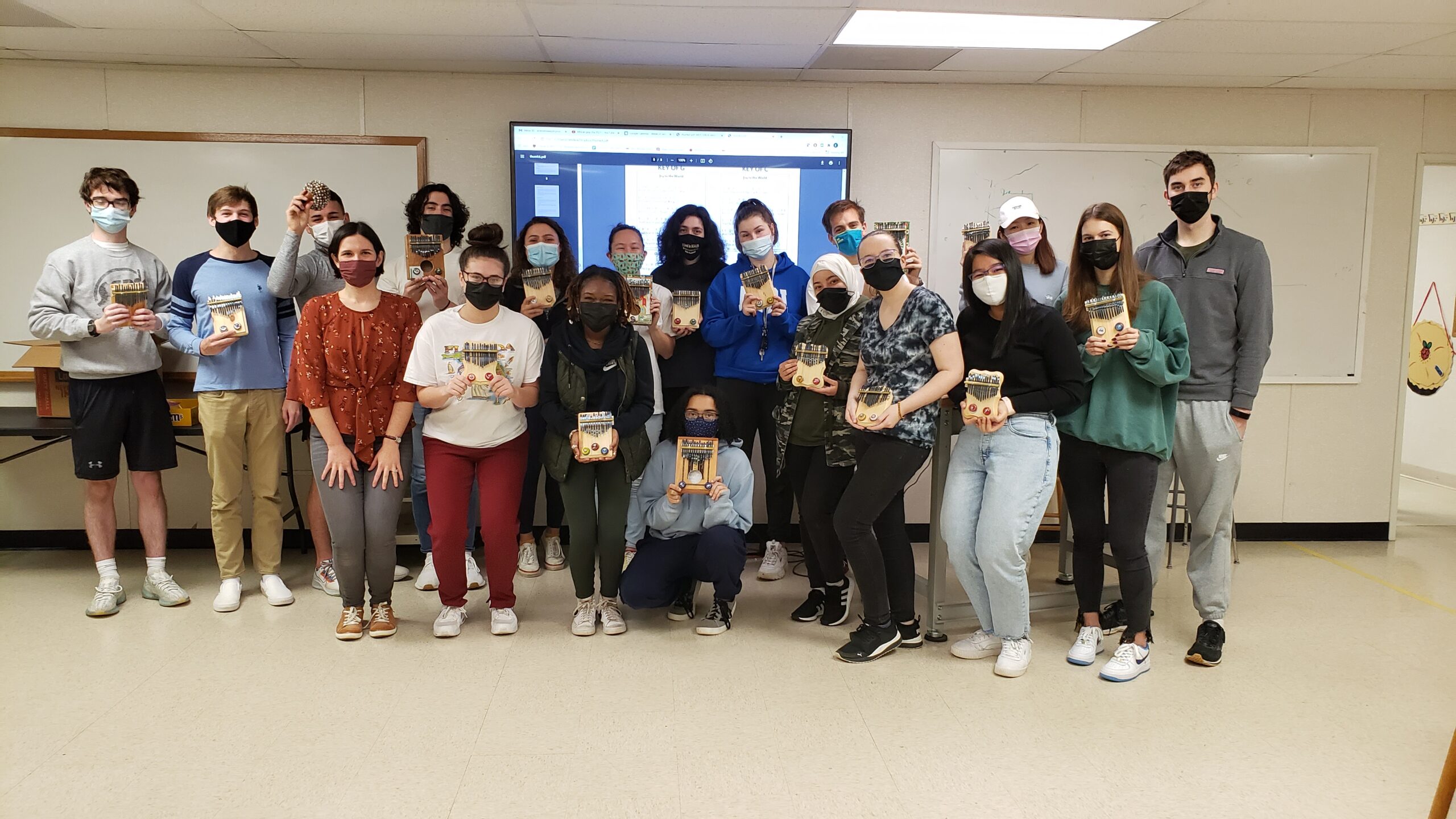
Music Class Project
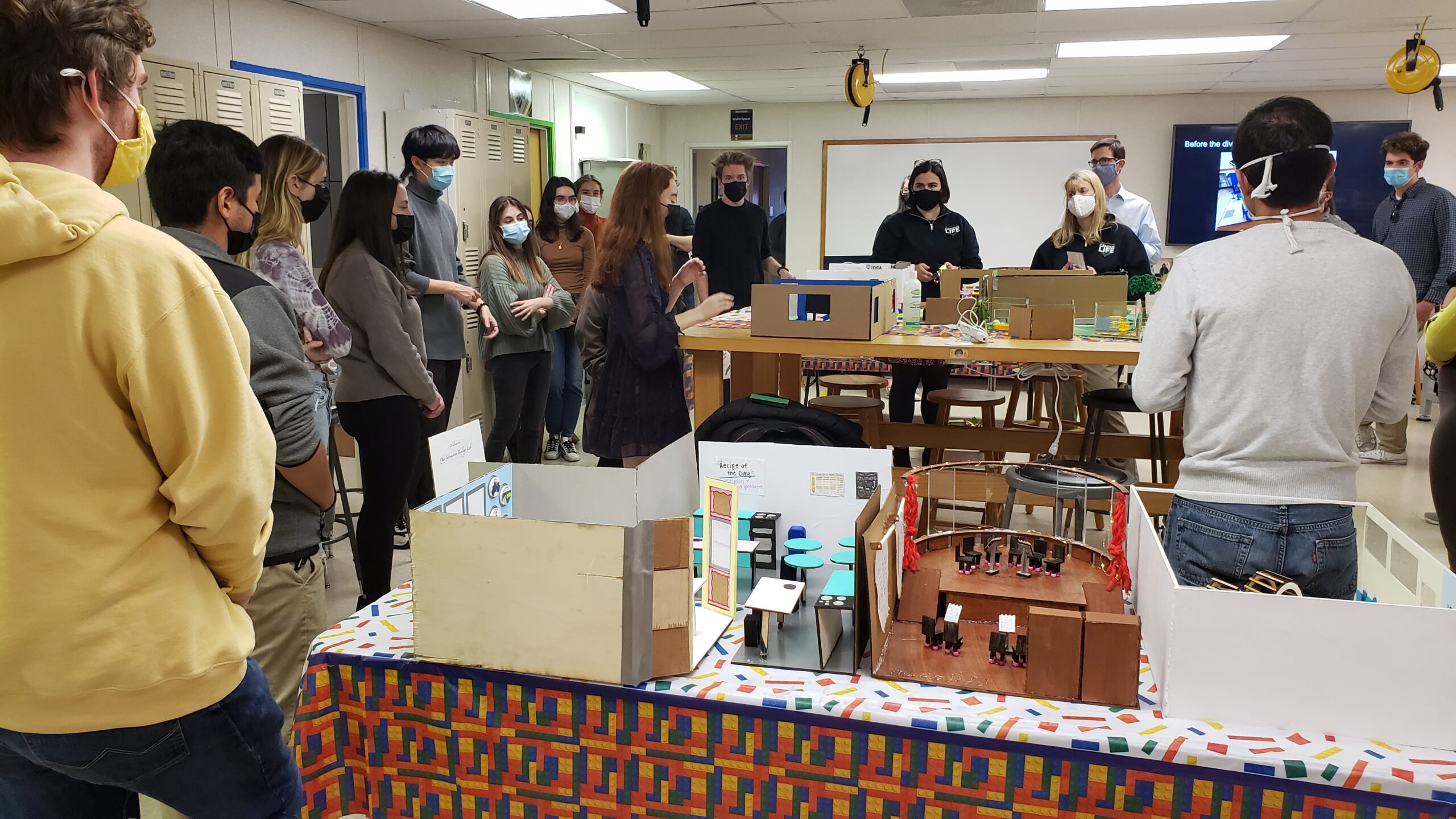
Showcase
Supporting Our Academic Mission
Innovating with and supporting our community so members can focus on their core mission of teaching and learning is always our first priority. Listening to our campus has been essential in allowing us to provide leading-edge technology, fully-equipped learning spaces, and a full range of support to our faculty, students, and staff, ensuring they have the tools they need for academic, professional, and personal success.
Campus Computing
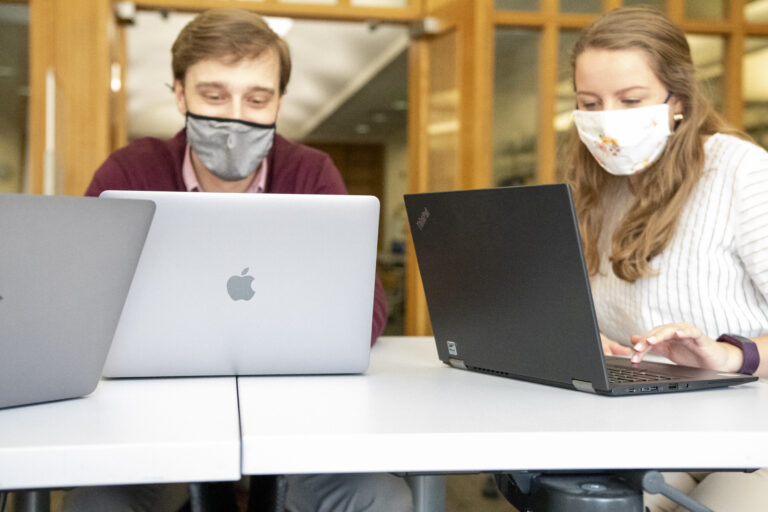
700 incoming students took advantage of WakeWare, our robust student computing program that recommends highly configured, insured, and supported personal computing devices at a negotiated price for our undergraduate students. This year, the program was able to offer Technology Grants that covered the total standard WakeWare Windows or Mac model to 319 Wake Forest students.
601
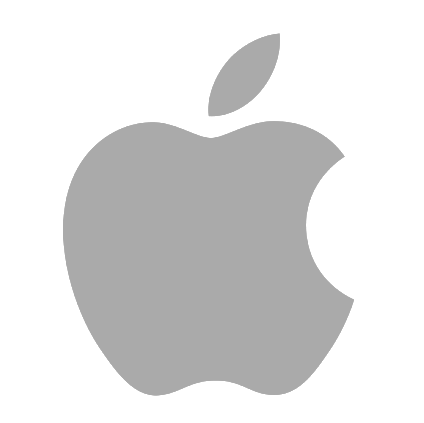

109
The flexible Faculty/Staff exchange schedule has allowed 392 eligible faculty and staff to choose a time that works best for them to pick up their new device and to select an online training option that fits their schedule. Our four-year replacement cycle ensures faculty and staff have a reliable and high-performing computer that meets the security and compatibility requirements of the ever changing technology environment.

121


271
The Mac Lab, located in the ZSR Library, provides an environment where students, faculty, and staff can explore new digital media and technologies. Sixteen brand new 2021 24″ iMacs allow for better device placement on the tables, as well as a better saturation of systems in the lab. The 24″ screen has a vastly improved resolution and nit level providing enhanced screen brightness and clarity. Users experience exceptional performance out of applications optimized for the M1 processor in the new 2021 iMacs. The new eight tables and seventeen chairs provide an improved collaborative environment and allow for a smoother classroom experience.
Virtual Learning
IS provides our campus community with multiple video conferencing platforms via support, training, and documentation. Though the usage decreased in the fall with more in person classroom engagement and meetings, the importance of these resources is significant and critical to overall student and workplace success.
Spring 2021 Semester
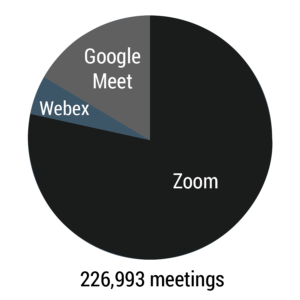
Fall 2021 Semester
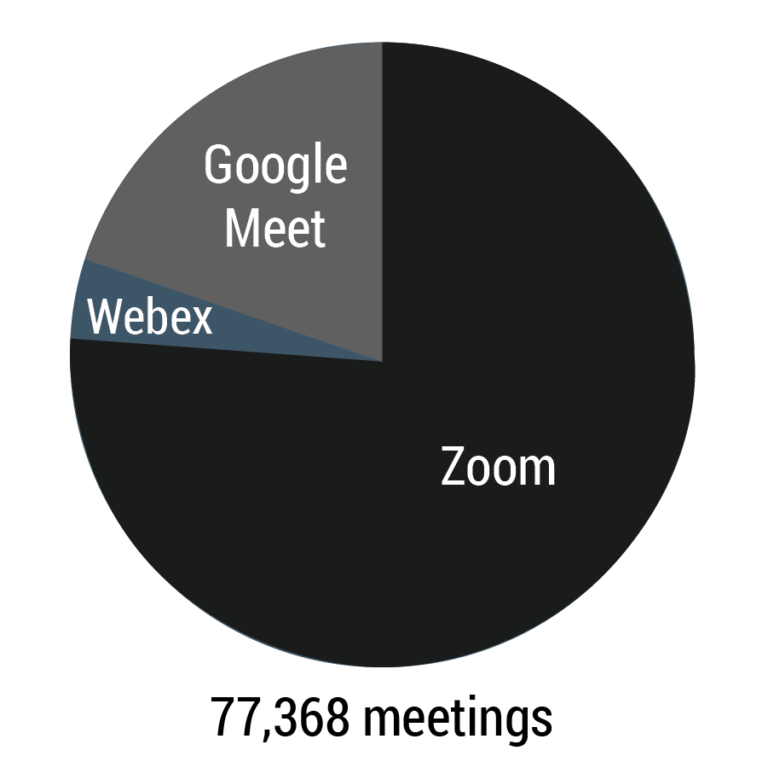
Cloud services offer our campus community greater access to collaborative and engaging tools with user-friendly and responsive interfaces resulting in a better end user experience. Services such as Canvas and Kaltura provide our faculty and students with the responsive resources they need to be successful in and out of the classroom.


1,519
Spring Courses
34,922
Spring Assignments
1,487
Fall Courses
30,215
Fall Assignments
4,127
Kaltura users
1,772,067
Minutes watched
18
Average minutes per video
Cybersecurity Awareness
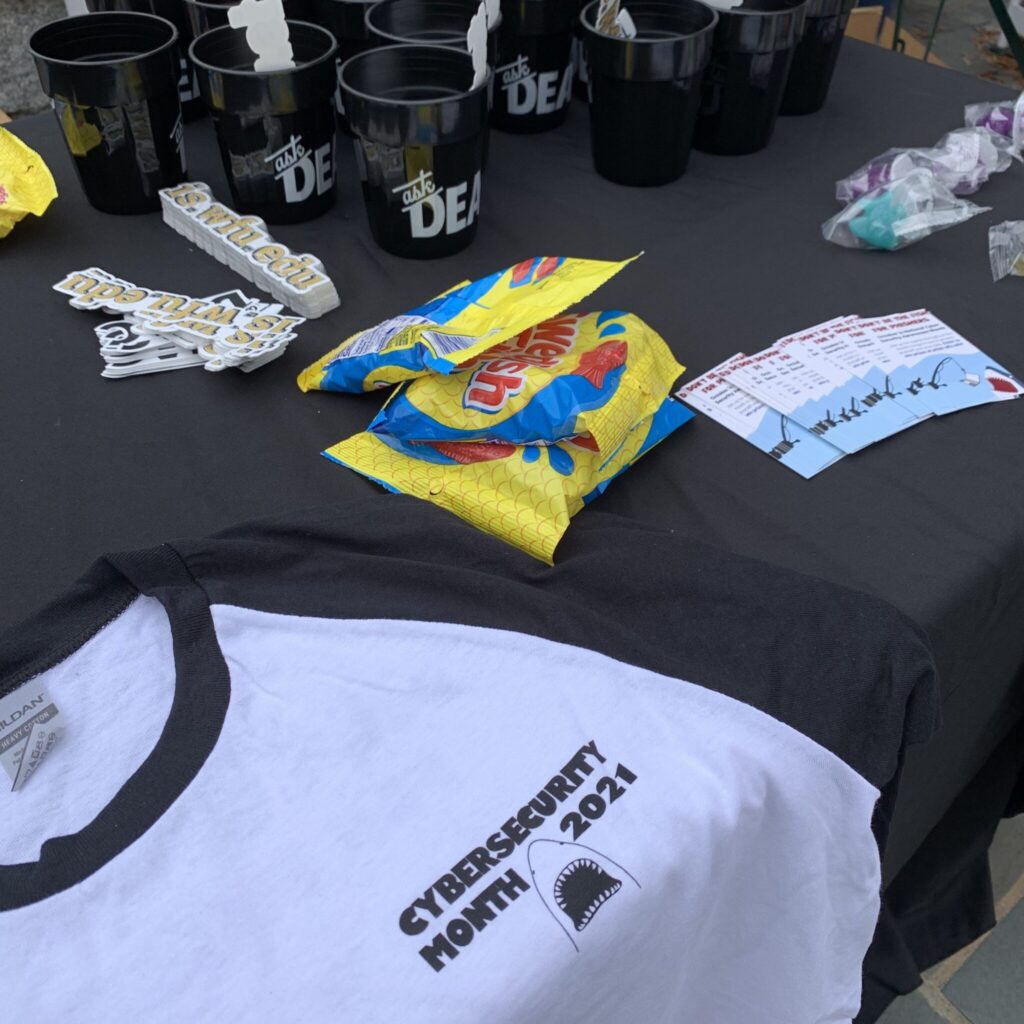
IT Security promotes a better understanding of internet security and raises awareness of the resources available to stay safe online via several engaging programs. Throughout October’s National Cybersecurity Awareness Month, social media, announcements, emails, and an engagement tent event, were utilized to educate our campus community about phishing dangers and security risks, as well as the tools available to protect themselves and their data.
Ongoing education includes our new webpage, phish.wfu.edu, which keeps our campus aware of the most recent phishing scams, a KnowBe4 course, composed of multiple, interactive modules, designed to teach our campus community how to make wise decisions when it comes to Internet usage, and campus outreach to administrative departments for support and knowledge transfer.
Support Resources
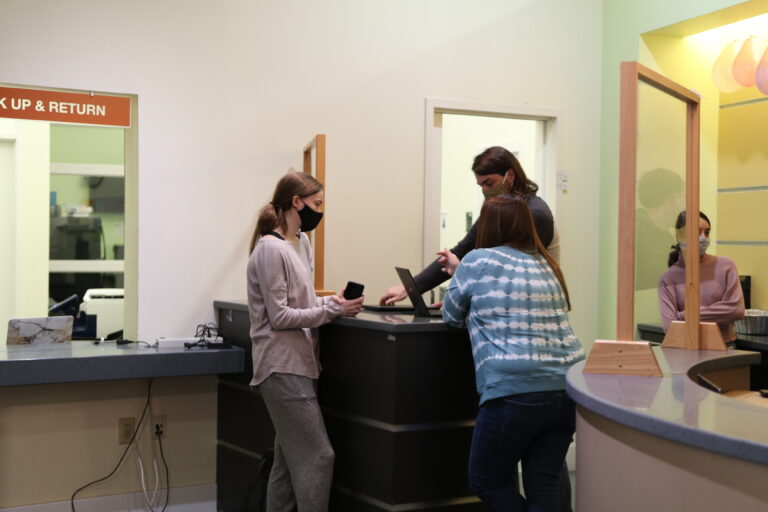
The IS Service Desk extended the hours of support as well as added an evening Service Desk Analyst. A new tech resource, the Class Recording Kit, provides faculty with self-service, easy-to-use video recording kits designed to record or broadcast an in-person class event to share with students who are unable to attend.
8,098
calls to the service desk
Modernizing Campus Platforms
Empowering our campus community with modernized campus platforms translates to immediate access to university resources in a safe and secure environment from anywhere at any time. Achieving a milestone of 85% of our services residing in the Cloud has allowed us to be more nimble in supporting and implementing services. Cloud services offer our campus community greater access to collaborative and engaging tools with user-friendly and responsive interfaces resulting in a reliable and secure experience.
Student Services
With 85 percent of our systems in the cloud, our cloud-first strategy means less time spent on hardware/storage considerations, troubleshooting and recovery and more time for innovating and identifying additional integration opportunities. The reliability and security of our cloud-based collaborative tools has been paramount throughout the pandemic.

77
databases supported
61
databases moved to the cloud
COVID-19 Analytics
dashboard used MySQL
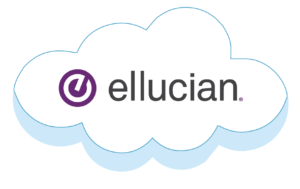
85%
services moved to the cloud
Banner was re-engineered and moved to the cloud. Leveraging cloud hosting for this aging technology increases its availability, reliability, security, and scalability. Additional resources can be more easily allocated on demand, which is especially important during registration, add/drop, advising, and other times of peak utilization. Feature enhancements to Degreeworks included a Responsive Dashboard and tighter integration with Banner for a heightened user experience.
As part of a multi-year journey of modernizing Wake Forest’s major administrative systems that included an extensive and inclusive evaluation process that engaged students, faculty, and staff, Workday Student was chosen to replace our current and outdated Student Information System (SIS), Ellucian Banner.
Wake Information Network
The Wake Information Network (WIN) is being updated with a new look and enhanced functionality for our campus community to better explore, find, and search campus services. The Student Technology Advisory Committee (STAC) works closely with Information Systems to foster technology collaboration by evaluating current technology services and anticipating future student needs. Their feedback has been essential in the WIN redesign process.
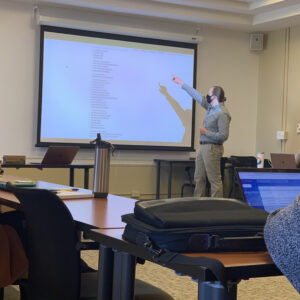
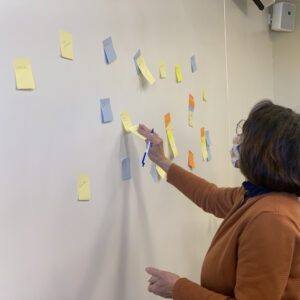
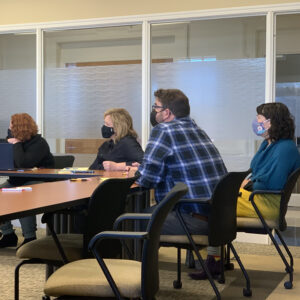
Workday Learning
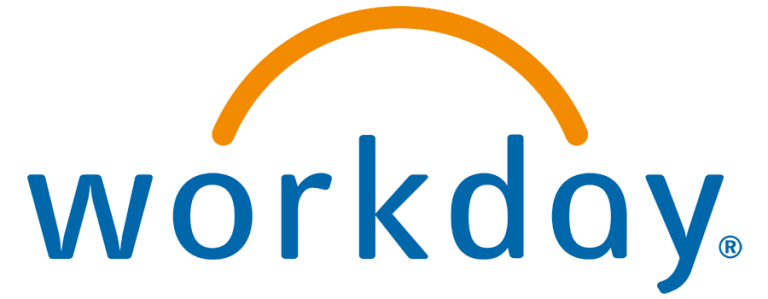
Workday Learning combines professional development and required training into a single intuitive solution. By providing a personal, engaging, and dynamic user experience, Workday Learning fundamentally changes how WFU creates, distributes, consumes, recommends, evaluates, and manages education.
High Performance Computing


418,594
jobs completed
100
servers managed
220
terrabytes of research storage
289,106,129
Core-Hours
15
departments supported

The recent HPC hardware updates, the addition of several cloud-based tools, as well as closer collaboration with faculty on research and teaching, has improved the cluster’s capacity to analyze large data sets, created custom research applications, and provided support to faculty across all disciplines interested in using technology in their research and scholarship.

We encourage you to visit the IT Strategic Plan to learn more about our initiatives. The plan was revisited and updated to ensure that our multi-year strategies and priorities position the University for a future in which data, digital content, and technologies play an integral role in support of research and teaching.





